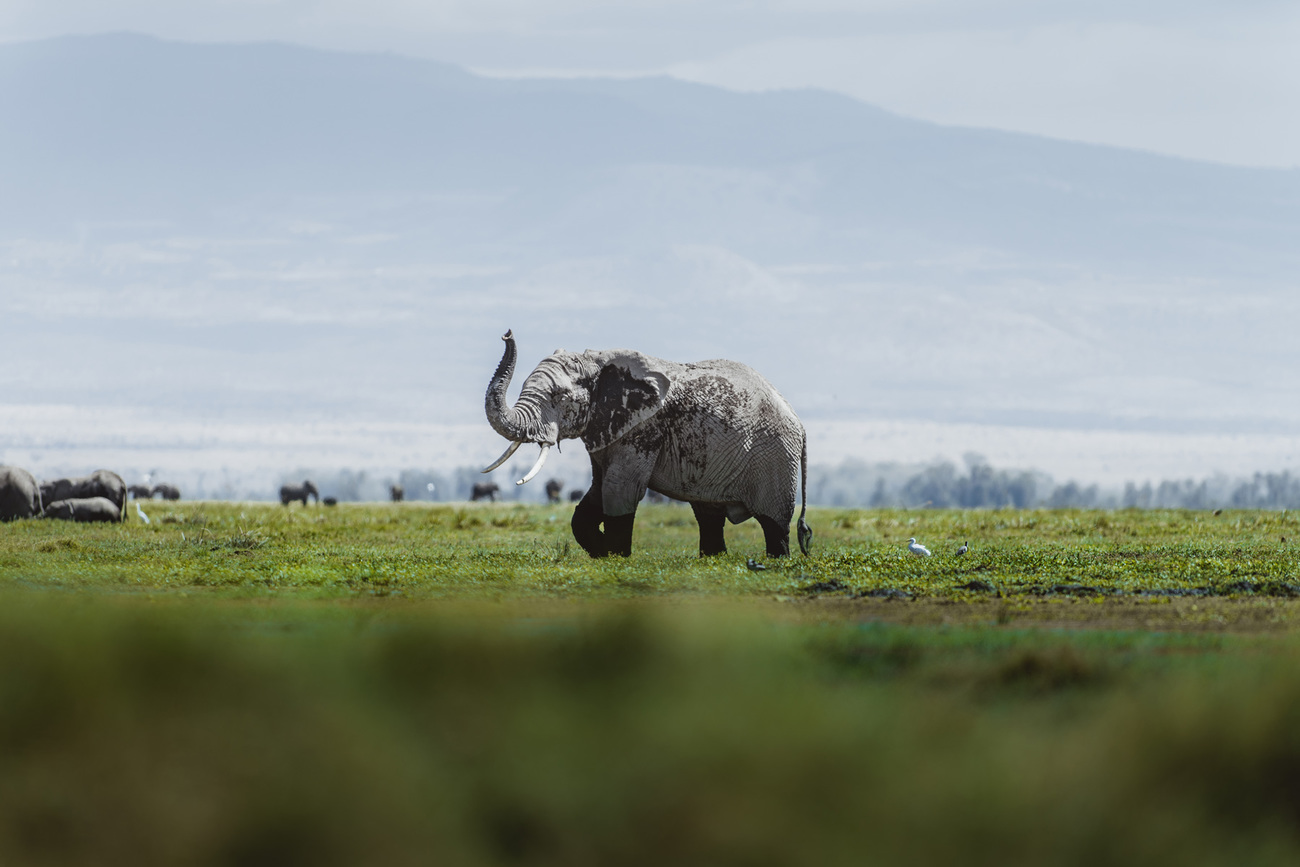Policy Conventions & Agreements - Global
Protection for wildlife & habitats is preserved in global agreementsworld governments reject bid to reopen ivory trade
world governments reject bid to reopen ivory trade

(Panama City, Panama – 18 November 2022) — World governments at the 19th Conference of the Parties (CoP19) in Panama have today rejected a proposal to reopen the international ivory trade.
The proposal, if successful, would have allowed the sale of ivory from national stockpiles of Botswana, Namibia, Zimbabwe and South Africa. A similar proposal was rejected at the previous CITES conference in Geneva in 2019.
IFAW (International Fund for Animal Welfare) has welcomed the decision which it says will prevent the poaching of elephants for their tusks.
“We have seen the devastating effect of the ivory trade on elephant populations across the world that have been ruthlessly targeted by poachers, said IFAW Deputy Vice President of Conservation, Matthew Collis. “Any legal ivory trade provides opportunities for criminals to launder poached elephant ivory into the market. Much progress has been made in recent years to close down remaining ivory markets, so we are pleased this decision does not undo such progress.”
“We are sympathetic to the countries seeking to generate income for conservation, but we must find ways to do so without exposing elephant populations to the risk of further poaching.
“Sadly, governments look likely to refuse such an opportunity at this very meeting, given the lack of agreement earlier today for a proposal put forward by Kenya to set up a fund to support elephant conservation in exchange for destruction of ivory stockpiles,” said Collis.
Kenya’s proposal 66.2.2 “Establishing a fund accessible to range states upon non-commercial disposal of ivory stockpiles” envisaged making resources available to support elephant conservation and research programs, as well as for livelihoods and economic development programs. It proposed setting up a CITES working group to explore the feasibility and details of such a fund. However, in the face of some opposition, Kenya was asked to revise its proposal and return to the CoP next week to see if agreement can be found .
Kenya’s proposal offers an interesting alternative that could generate much needed resources for elephant range states and move discussions beyond the divisive debates on elephants that have been a long-standing feature of CITES CoPs.
“There has never been a better time to find a new approach to supporting elephant range states in their conservation initiatives. There was a disastrous increase in poaching across Africa after the last ivory stockpile sales in 2008, and there are no obvious buyers this time around. IFAW is pleased that governments at CITES have chosen to reject repeating that failed experiment but we urge CITES governments to explore more innovative ways to get resources to elephant range states to protect their wildlife,” Collis concluded.
The proposal to reopen the ivory trade failed to achieve the two-thirds majority required to pass. 15 governments vote in favor, 83 against, with 17 abstentions.
CoP19 is scheduled to run until Friday, 25 November.
ENDS
IFAW experts on site and available upon request—in person or via phone/Zoom—including in English, Spanish, French, Arabic, Chinese, Dutch and Italian languages.
IFAW is tweeting updates live from the proceedings at http://twitter.com/ifawglobal.
High resolution images available on request.
Press Contacts:
Christina Pretorius
Director of Communications, Africa
m: +27 (0) 82 330 2558
e: cpretorius@ifaw.org
Stacey Hedman
Director of Communications, International Policy
m: +1 508 737 2558
e: shedman@ifaw.org
Related content
every problem has a solution, every solution needs support.
The problems we face are urgent, complicated, and resistant to change. Real solutions demand creativity, hard work, and involvement from people like you.